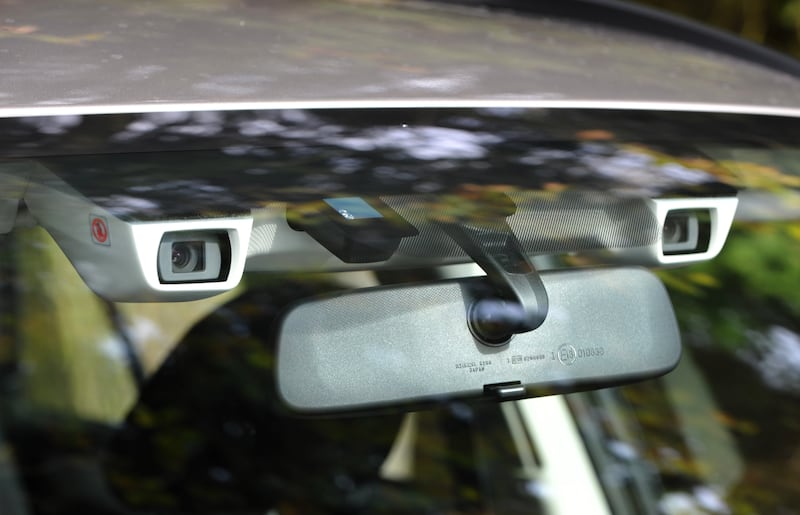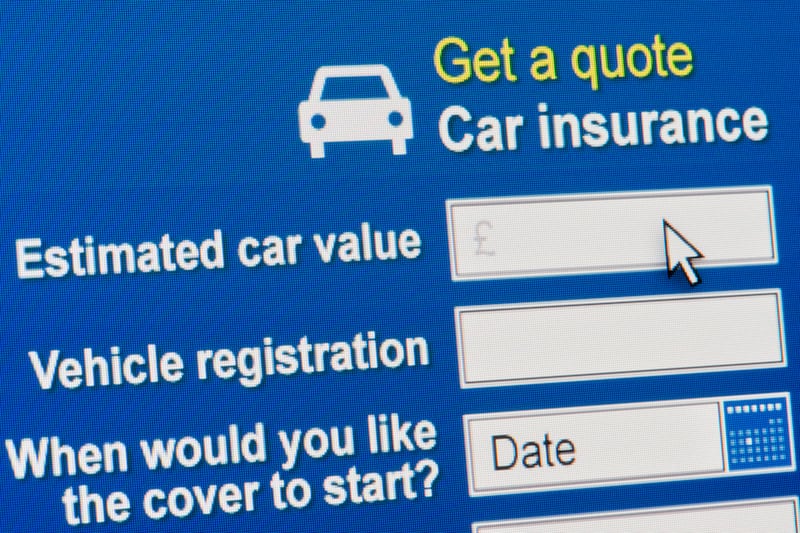Car insurance costs are soaring. Even if you haven’t had to renew your own cover in the past few months, you’ll likely know someone who has been stung by a sharp increase in their premium.
I’m one of them. I already knew the situation was pretty grim when an email from my current insurer landed in my inbox a few weeks ago. Opening it, I fully expected it to contain their renewal quote for the next 12 months.
In fact, it was an explanation about why car and home insurance has rocketed in recent months. The tone might have been almost apologetic but I didn’t have to do much reading between the lines to get the message: they were softening me up for a big bill.
- MOT delays: Cracked ramps add to testing times for backlogged MOT system - The Irish News viewOpens in new window
- Shrinking proportion of comprehensive cover policies ‘fully cover windscreens’Opens in new window
- Belfast mechanic calls ongoing MOT test delays ‘a disaster’ for his businessOpens in new window
A few days later the email with the renewal landed. It was almost double what they charged 12 months earlier, a jump from £450 to £811.70. Ouch (that 70p makes all the difference…).
Nothing has changed, beyond me and the car being a year older. Certainly nothing that would justify an 80% leap in price. Did I say ‘ouch’?
The renewal was almost double what they charged me 12 months earlier, a jump from £450 to £811.70... The most outrageous premium the algorithms spewed out was one comparison site which offered a single quote of £9,669
With £811 as my target, I embarked on the annual ritual of loading my information into the various insurance comparison sites. Even with increasing my voluntary excess, the best I could get was £959.
That was for an inferior policy, too. For example, while it offered windscreen replacement, it didn’t cover recalibrating the emergency brake assist and other gubbins built into the windscreens of so many modern cars.
Incidentally, the most outrageous premium the algorithms spewed out was on a Northern Ireland site which produced a single quote of £9,669. Yes, almost £10,000… It’s clearly an odd industry that can produce such widely divergent premiums.
After all that, it won’t be a surprise that I bit the bullet and decided, albeit reluctantly, to stick with the current insurer.
Mine isn’t an unusual case. The rise in premiums has generally hit young drivers - typically those under 25, and who are now paying on average £2,000 annually - and the over-65s the hardest. (I’m in neither category).
According to trade body the Association of British Insurers (ABI), between October 1 and December 31 last year, the average price paid for private motor cover was £627, up from £470 during the same period a year earlier.
The ABI ‘premium inflation’ data is echoed by figures from comparison site Moneysupermarket.com. It said there had been a 35% increase in car insurance premiums to the end of November (home cover rose by 34%).
Compare the Market, another popular comparison site, painted an even bleaker picture. It reported a 52% year-on-year rise in the average car insurance premium to £950.

Why is the cost of insurance rising?
- LV is typical of many insurers, and points to a 30% rise in the number of claims twinned with a 75% rise in the amount it spends on those claims as a reason for growing costs.
- Vehicle repairs have risen by a third since 2022, according to the ABI.
- Payouts for vehicle theft are up 35% since 2022, says the ABI.
- The combination of inflation, a shortage of skilled workers and energy costs have upped labour cost for repairs by 50% since 2019, according to Auto Body Professionals, a car body repair organisation.
- Severe weather, including storms Babet and Ciarán at the end of last year, has seen more vehicles damaged by floods, falling trees and debris from high winds.

What can you do about it?
- Shop around and don’t settle for your renewal quote. It mightn’t have done me much good this year but I’ve managed to save money almost every year by using comparison sites.
- Make sure your mileage is accurate. This is a key measure that insurers use to set your premium - it stands to reason that the further you drive, the more likely you are to be involved in an accident. Don’t be tempted to understate your mileage or your cover could be voided.
- If you’ve more than one car in the household, explore a multi-car policy. These aren’t guaranteed to cut your total insurance bill, so shop carefully…
- Pay annually if you can - monthly payments mean you’ll pay more across the year.





